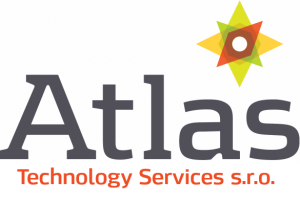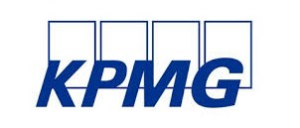Restriction on state aid provided by EU member states can also influence advanced pricing agreements
10.01.2016Company: PricewaterhouseCoopers Česká republika, s.r.o.
In cases involving the companies Fiat and Starbucks, the European Commission ruled on the inadmissibility of provided state aid among other things and defined the term “illegal state aid”. In the Czech Republic, particularly advanced pricing agreements (“APA”) can represent illegal state aid if the APA leads to a violation of equal conditions for business activities.
Generally, any relief or financial and nonfinancial aid from a particular country is considered as state aid (regardless of the level of public administration that provides the aid). State aid doesn’t just include obvious forms such as subsidies or investment incentives but also any regimes providing a selective advantage, i.e. better conditions in comparison with other entities performing activities in the same sector including APAs.
If countries provide this form of state aid which leads to a violation of the equality principle and a ban on discrimination, or generally to a violation of European economic law, and it was not authorised by the European Commission, the aid could be considered illegal. The only exception to this is state aid that was valid at the time a particular access agreement of a given country (existing aid) took effect. It can be eliminated only in the future, without considering it as illegal in accordance with the above.
The question of state aid´s admissibility should be relevant for all states in the European Economic Area (member states of the EU as well as Liechtenstein, Iceland and Norway). Although the majority of the state aid currently provided by the Czech Republic should be admissible in the context of recent decisions of the European Commission because it was authorised or notified by relevant EU authorities, APAs could however be perceived as problematic with a direct impact on conditions for business activities. In these cases, we would definitely recommend verifying the correctness of the transfer pricing set-up and its determination method in accordance with the OECD directive and the tax law of the particular country.
To get more information, please contact:
Natalia Pryhoda, +420 251 152 647







